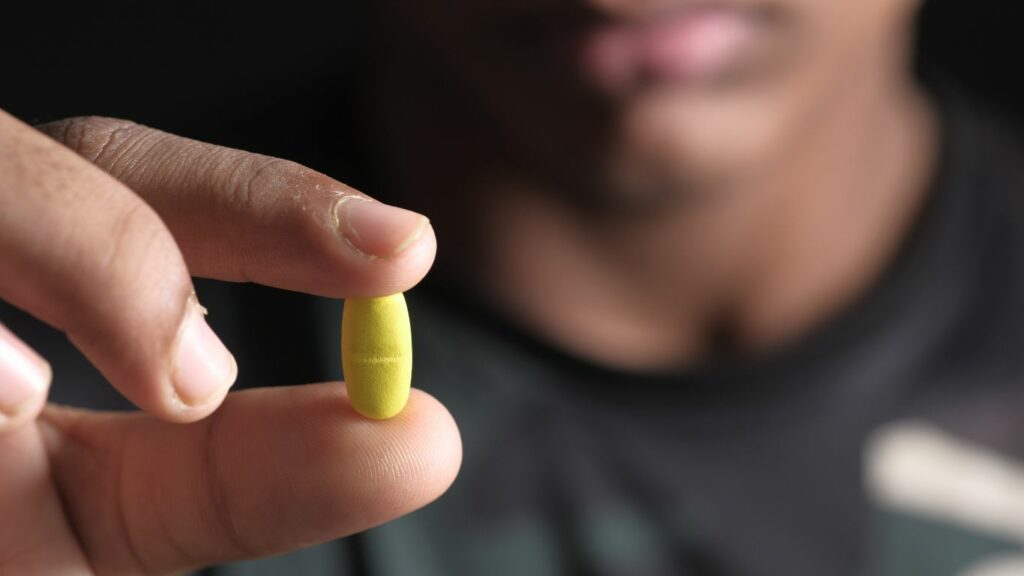Drug Withdrawal Timeline: What Does it Feel Like?

Why Does Withdrawal Occur?
Withdrawal, or sometimes called detox, is the period when drugs or alcohol are discontinued after long periods of use. Excessive, long-term use of these substances can result in physical and or physiological dependence. The severity of withdrawal symptoms depends largely on the type of drug used, duration and frequency of use, and the overall health of the person. Physical dependence refers to your body’s reliance on the substance to feel “normal” while physiological dependence is what your brain makes you believe you need. Physiological dependence is when you feel you need a glass (or several) of wine after work to relax or a couple beers to be social.
Drug Withdrawal Symptoms
Withdrawal symptoms can vary a little depending on which drug you use, however you will generally experience symptoms that are the opposite of what you feel when you take the drug. For instance, the euphoric feeling that can result from opioid use can be replaced with feelings of irritability when withdrawing. In some cases, like when withdrawing from alcohol or benzodiazepines, it is advised to seek medical detox as withdrawal symptoms can quickly become fatal. Delirium tremens can occur when withdrawing from alcohol which can cause life threatening seizures if not treated appropriately. While every person’s withdraw experience will differ, here is what you can expect in terms of drug withdrawal symptoms:
- Dilated pupils
- Seizures
- Paranoia
- Difficulty sleeping
- Confusion
- Nausea or vomiting
- Increased anxiety
- Depression
- Irritability
- Mood swings
- Sweating
- Fatigue
- Appetite loss
- Muscle pain
- Shakiness or tremors

Full Withdrawal Timeline for Drugs
Much like determining the severity of withdrawal, it is difficult to say an exact timeline for each drug. Withdrawal symptoms can have an onset of a couple of hours and in some cases may not resolve for weeks or even months. However, here is a general timeline for the most commonly abused drugs and their withdrawal:
- Alcohol: Initial signs of withdrawal may occur within hours of the last drink and are usually their worst around 24-72 hours. Delirium tremens (DT) can occur within 48-72 hours of the last drink and last for about 3-8 days. It is estimated that only 5% of those who detox from alcohol experience delirium tremens, however it is important to know the signs of DT. Symptoms include shaking, confusion, high blood pressure, hallucinations, irritability, racing heart rate, and shallow breathing. DT is a medical emergency so seek medical attention immediately if you or a loved one are experiencing these symptoms.
- Opioids (heroin, oxycodone, other prescription pain medications): Typically withdrawal symptoms begin around 8-24 after discontinuing use and can last 4-10 days. Symptoms to watch out for include nausea, vomiting, diarrhea, racing heart rate, sweating, chills, bone or muscle pain, and high blood pressure.
- Long-Acting Opioids, such as methadone can have initial symptoms beginning around 2 days after use and can last 4-10 days.
- Benzodiazepines (Xanax or Valium): Can begin within 1-4 days of last use and can be severe. It is not recommended to try to detox from these medications without medical supervision as symptoms can remain persistent for days, weeks, or even months after last use. Symptoms of withdrawal can include seizures, delirium tremens, increased heart rate, sweating, bone or muscle pain, headache, anxiety, and more. This class of medication can sometimes be used to alleviate alcohol withdrawal symptoms, so be open and honest with your doctor when discussing treatment plans that may include this as it could set you up for further issues with addiction.
Safe Drug Withdrawal Management at Quantum
Programs at Quantum are designed specifically with you in mind and are tailored to fit your unique needs and goals. Withdrawal management at Quantum can be done in any of their outpatient programs-PC, IOP, or OP and will be guided by their compassionate and experienced therapists and addiction specialists. For more information about withdrawal management at Quantum, please call (609) 993-0733.